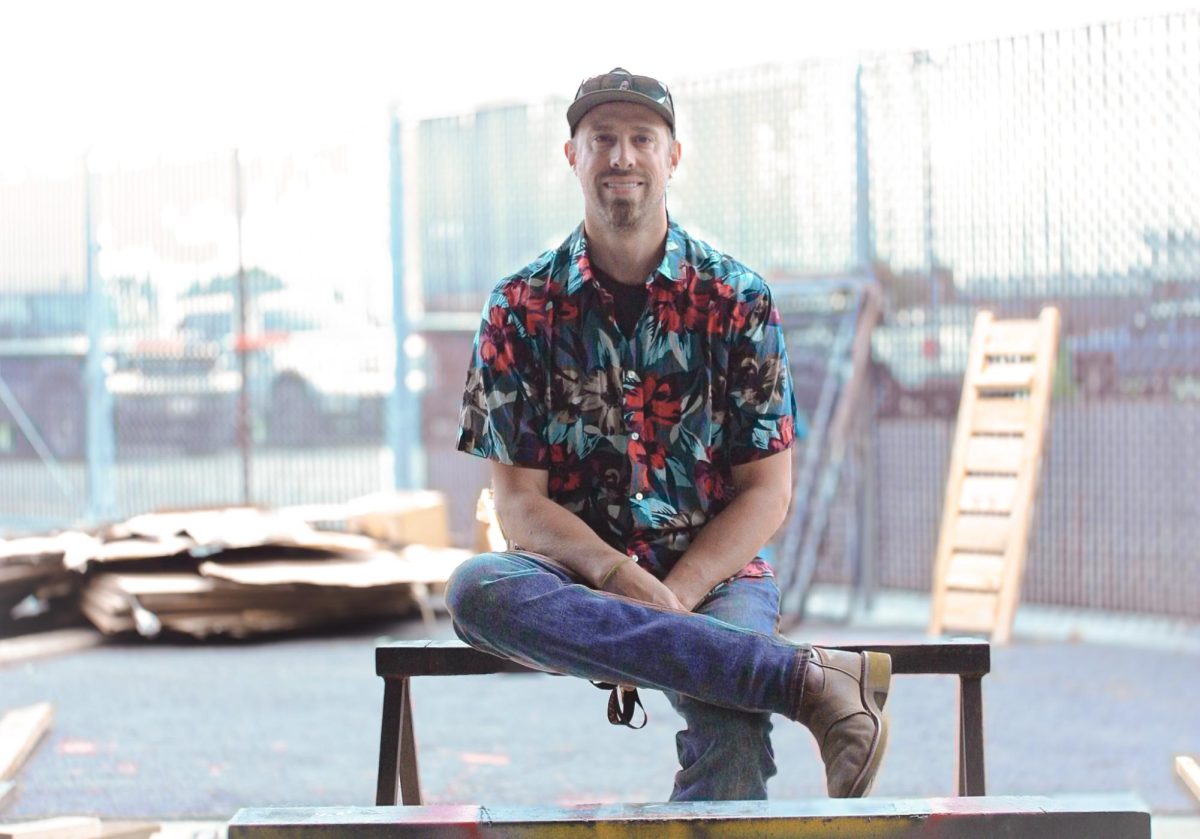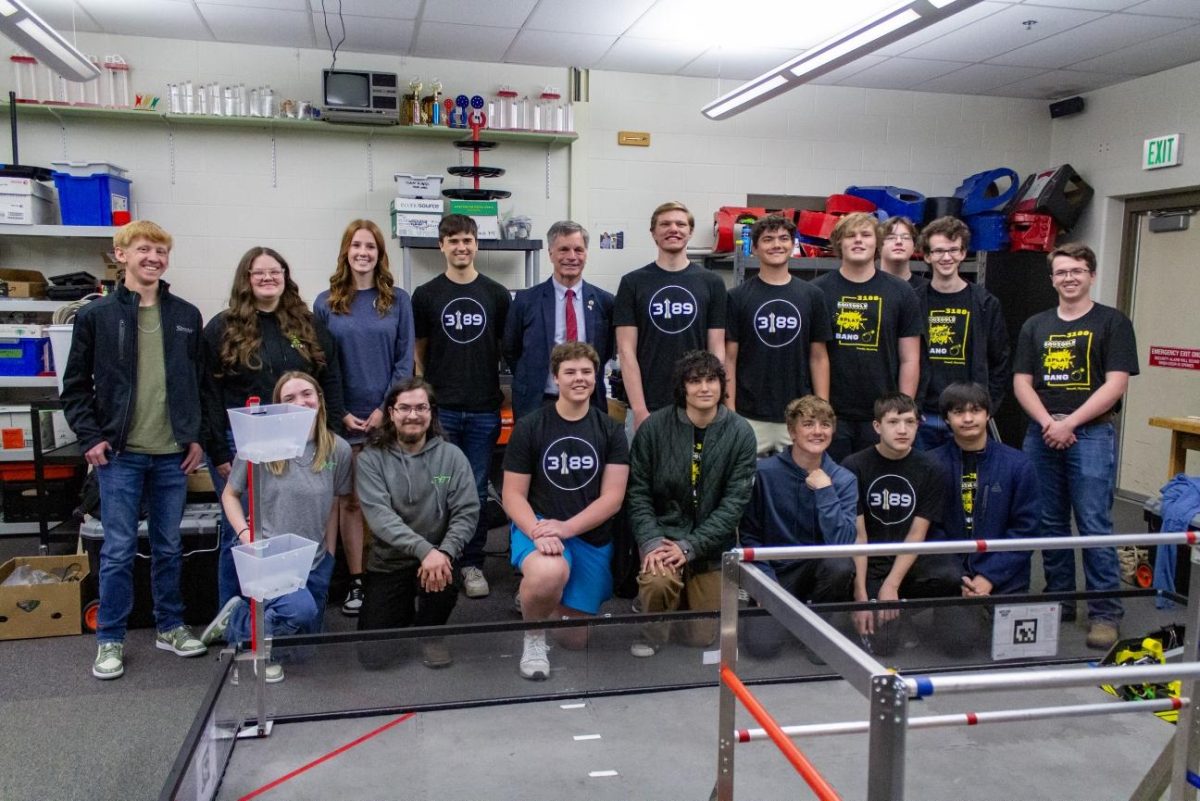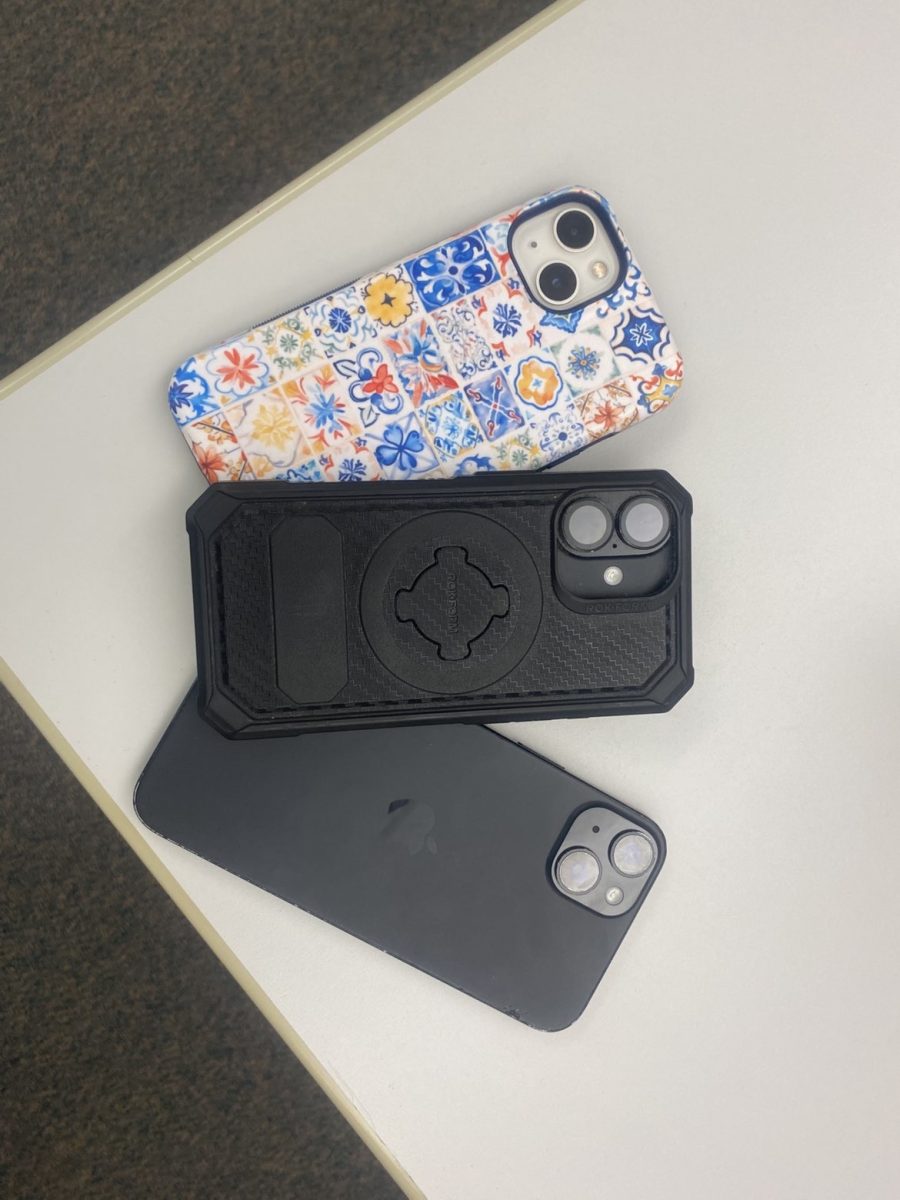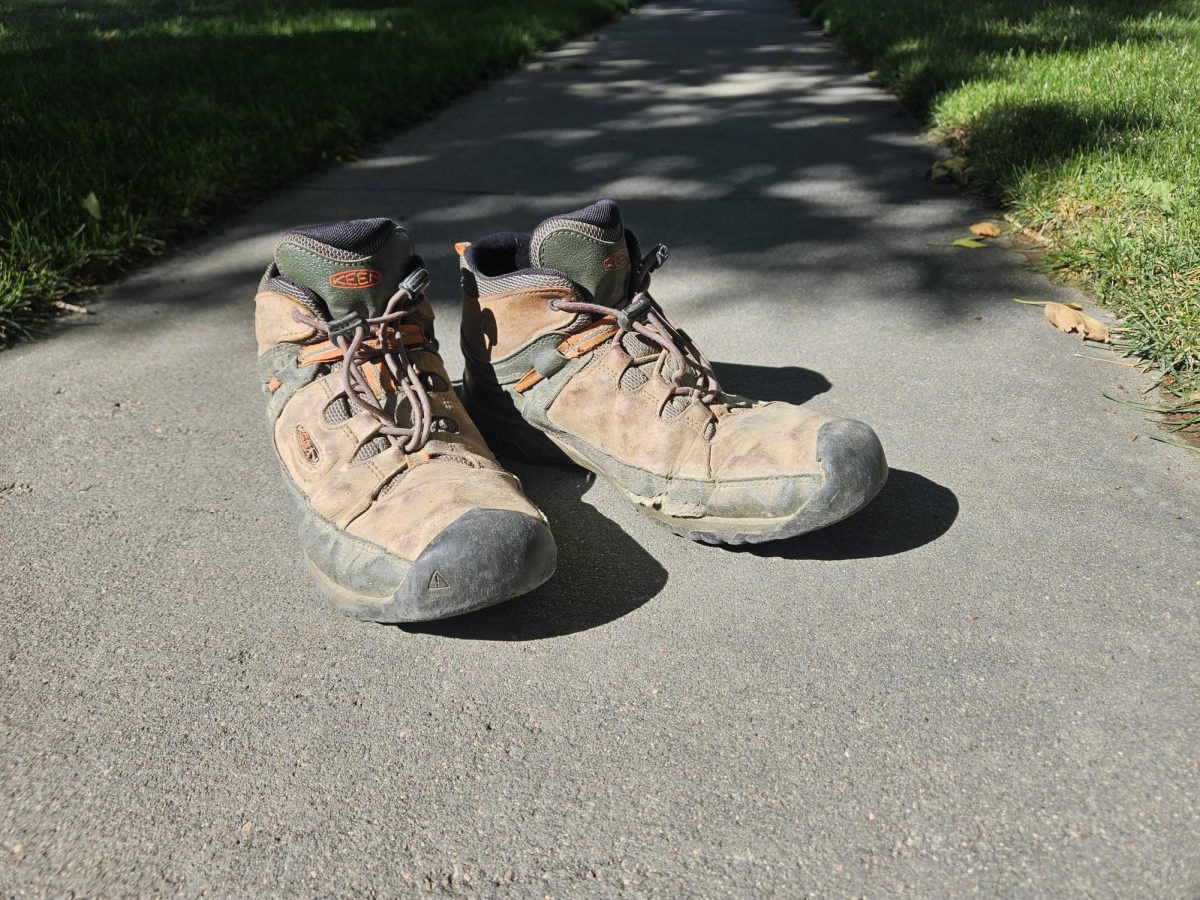MASK AFTERMATH
A surgical mask is discarded on the ground
Wake up, grab a fresh, blue mask, throw it away at the end of the day and repeat. No one can deny the convenience of the non-woven, blue surgical masks that exploded into abundance during the beginning of the COVID-19 pandemic.
But as disposable masks pile up in our garbage cans and landfills, it’s time to evaluate the effects that this cycle is causing.. This pandemic has been going on for almost two years, and the effects of daily usage of disposable masks are starting to become visible.
According to Massachusetts Institute of Technology News,
In addition, MIT provides a theoretical number for how much waste daily usage of disposable masks could have caused.
According to MIT, “If every health care worker in the United States used a new N95 mask for each patient they encountered during the first six months of the pandemic, the total number of masks required would be about 7.4 billion…This would lead to 84 million kilograms of waste (the equivalent of 252 Boeing 747 airplanes).”
With all of the nonbiodegradable parts of a disposable mask, the millions of kilograms of waste are here to stay. Surgical masks are made out of plastics such as polypropylene that are melted and spun into fabric for bacterial filtration.
“I do see that [the masks] could be a problem because of what they’re made out of,” environmental science teacher Mrs. Wendy Smith said. “Especially the ones that have the…pieces of metal in them or any plastics.”
While the environmental impact of disposable masks may be worrying, there are possible health issues that could arise from the use of reusable masks. If not used properly, they can be counterproductive to stopping COVID-19.
According to the British Medical Journal, “Moisture retention, reuse of cloth masks and poor filtration may result in increased risk of infection.”
It’s up to each individual to weigh the risks and benefits of using disposable masks. Whatever their choice may be, the building effects of these masks should encourage every person to take a look at what kind of impact their COVID-19 habits can have.





























